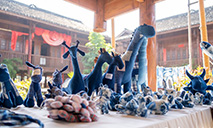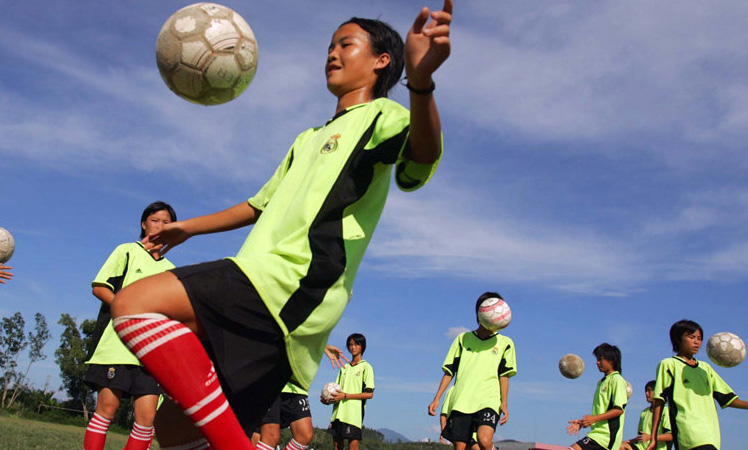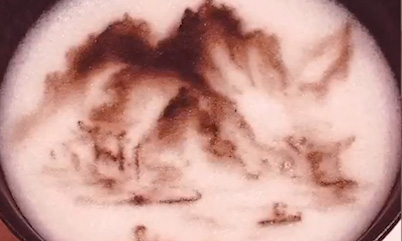WHO says vaccination key to keeping Africa polio free
NAIROBI, March 11 (Xinhua) -- Total eradication of polio in sub-Saharan Africa will be within reach if governments and multilateral lenders intensify routine immunization targeting children in the continent's high-risk outposts, a World Health Organization (WHO) official said on Friday.
Modjirom Ndoutabe, coordinator of polio eradication program at the WHO Regional Office for Africa, said that mass inoculation of children below five years, combined with improved surveillance, hygiene and public awareness will be key to containing the highly contagious viral disease that often lead to paralysis.
"All African countries must reinforce and sustain routine immunization, put in place surveillance and detection infrastructure and involve community leaders in order to win the fight against polio," Ndoutabe said during a virtual interview with Xinhua.
He noted that conflicts, mass displacement, poor sanitation and hygiene combined with low vaccination rates could still escalate polio transmission in the continent.
According to Ndoutabe, although sub-Saharan Africa was certified by the WHO as free from wild polio in August 2020, the region still at risk of imported cases, hence the need for robust surveillance and reporting tools.
In February, the first polio case in Africa after more than five years was detected in a three-year-old child in Malawian capital of Lilongwe, prompting the urgency to strengthen resilience of the continent's public health systems.
According to the WHO, the first case to be reported in Malawi since 1992 was linked to a strain last detected in Pakistan in 2019 and was unlikely to spread widely in the southern African region.
So far, Malawian health authorities, in conjunction with the WHO, have put systems in place to facilitate launch of aggressive counter-measures, including supplementary child immunization.
Five rounds of immunization targeting children below five years will be rolled-out in Malawi later this month to limit the risk of transmission in neighboring countries, Ndoutabe said.
A rapid response team deployed to Malawi immediately after the type-one wild polio virus case was detected in a child has helped contain its spread in the general population, he added.
"The disease is not a serious threat and samples that were taken from close contacts of the child tested negative," Ndoutabe said, adding that several neighboring countries will also benefit from the upcoming polio immunization.
While admitting that the polio threat is pronounced in Africa's Sahel region amid insecurity and water contamination, Ndoutabe called for enhanced mitigation measures, such as supply of clean drinking water, public education, timely diagnosis and treatment, to avert fatalities.
Speedy implementation of global and continental strategies on polio eradication are paramount as the continent hastens its transition to a future free from the disease, he said.
Photos
 Traditional tie-dye products of Buyi ethnic group in Guizhou popular among tourists
Traditional tie-dye products of Buyi ethnic group in Guizhou popular among tourists Girls from mountainous areas in Hainan pursue football dreams
Girls from mountainous areas in Hainan pursue football dreams Chinese artist forms elaborate images using whisked tea foam in revival of Song Dynasty’s cultural splendor
Chinese artist forms elaborate images using whisked tea foam in revival of Song Dynasty’s cultural splendor Wild lilies in full bloom as snow melts in Xinjiang
Wild lilies in full bloom as snow melts in Xinjiang
Related Stories
- WHO official calls for health, humanitarian principles in resolving Ukraine crisis
- Chinese FM meets WHO chief
- WHO recommends countries ease COVID-19 measures "in steady, slow way"
- U.S. funding to WHO drops by 25 pct in COVID-19 pandemic: Reuters
- Pandemic entering "new phase," yet too early to drop guard: WHO
Copyright © 2022 People's Daily Online. All Rights Reserved.






